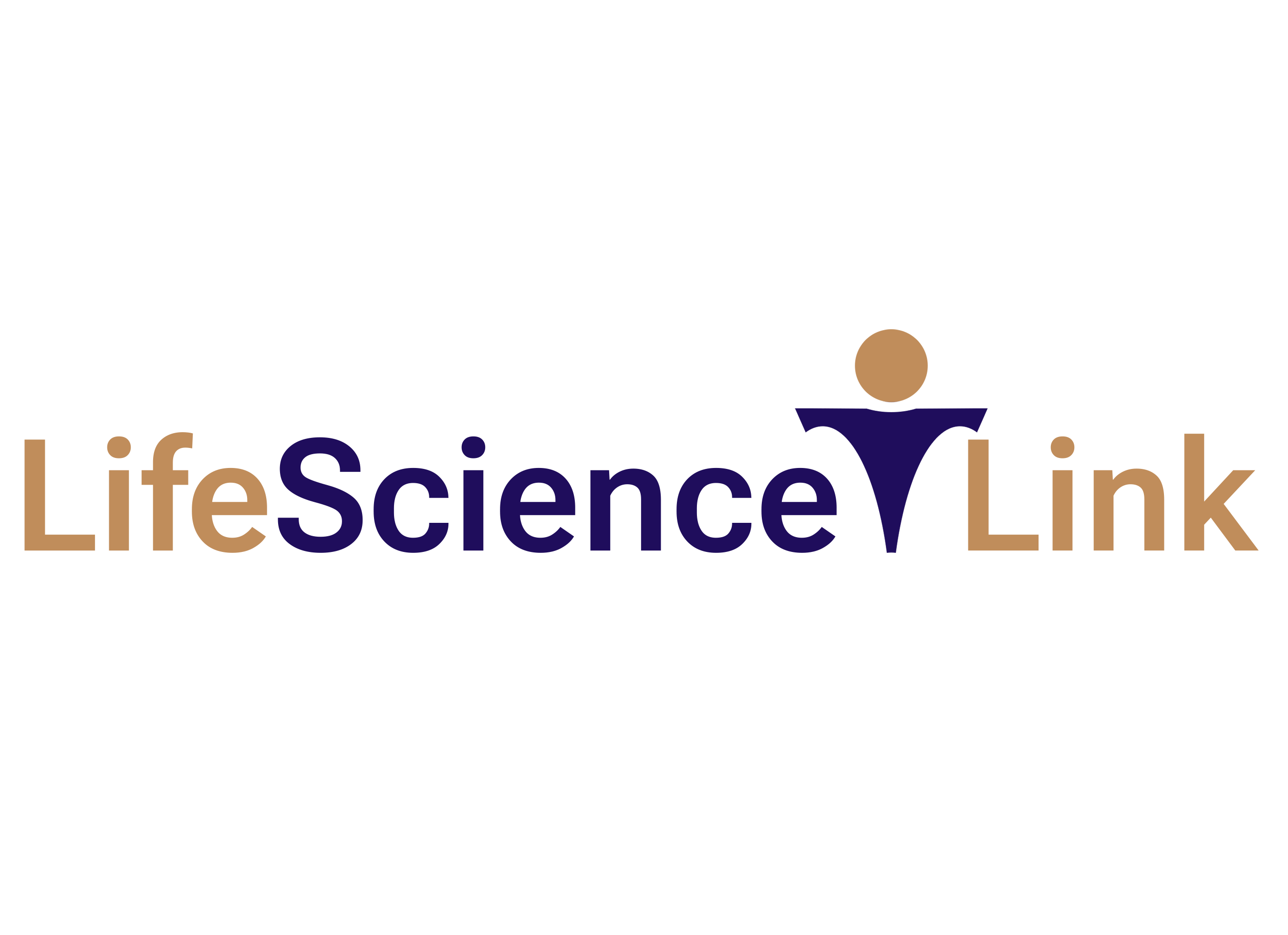Emotional Intelligence and Resilience
in Life Sciences
Navigating Pressure with Composure and Compassion
How do you stay calm when a clinical trial fails or a deadline looms? In the high-stakes, fast-paced world of life sciences, emotional intelligence (EQ) and resilience aren’t just nice-to-haves—they’re essential for thriving under pressure. These skills shape how professionals handle stress, lead teams, communicate with empathy, and rebound from setbacks in an industry defined by intense demands, strict regulations, and constant innovation.


Why Emotional Intelligence Is Crucial
Emotional intelligence is the ability to recognize, understand, and manage your own emotions while tuning into those of others. In the collaborative and regulated life sciences sector, EQ drives success in teamwork, leadership, patient interactions, and stakeholder relationships.
Professionals with strong EQ:
- Communicate empathetically across functions, ensuring clarity between researchers and regulators.
- Resolve conflicts diplomatically, like mediating a disagreement between lab and clinical teams.
- Stay composed during uncertainty, such as when navigating a sudden FDA query.
- Build trust-based relationships, fostering collaboration on cross-functional projects.
For example, a regulatory affairs specialist with high EQ might de-escalate a tense meeting with a sponsor by listening actively and reframing concerns, keeping a submission on track. This skill is critical when managing multidisciplinary teams or engaging with patients in clinical trials, where empathy directly impacts outcomes.
Resilience: Sustaining Performance in Challenging Environments
Resilience is the capacity to recover quickly from setbacks—a must in life sciences, where challenges like failed trials, delayed approvals, or protocol changes are common. Resilient professionals don’t just survive these hurdles—they adapt, learn, and move forward with purpose.
Resilient individuals show:
- A growth mindset, embracing feedback to improve future trials.
- Persistence through obstacles, like revising a rejected submission to meet stringent guidelines.
- Focus under stress, maintaining accuracy during crunch times.
- Optimism and motivation, rallying teams after a project setback.
Consider a researcher whose drug candidate fails in Phase II trials. A resilient scientist analyzes the data, pivots to a new hypothesis, and inspires the team to keep going—turning failure into opportunity. Resilience not only boosts individual performance but also lifts team morale and project continuity.
For CandidatesShowing EQ and Resilience in Action
Hiring managers prize candidates who bring maturity, empathy, and grit. To stand out, share stories like:
- Navigating a high-pressure situation, such as calming a team during a trial audit.
- Supporting colleagues during stress, like mentoring a junior scientist through a tough project.
- Bouncing back from a setback, such as learning from a failed experiment to improve a protocol.
- Mediating a misunderstanding, like aligning conflicting priorities between departments.
In interviews, it’s not just what you say but how you say it. Your self-awareness, empathy, and ability to reflect on challenges—like how you stayed focused after a funding cut—speak volumes. Practice discussing a time you turned adversity into growth, and use tools like journaling to boost self-awareness.
For EmployersBuilding Emotionally Intelligent Teams
Teams with high EQ and resilience are more adaptable, communicative, and engaged, delivering measurable results:
- Improved retention: Emotionally intelligent teams report 20% lower burnout rates.
- Inclusive cultures: Empathetic leaders foster environments where diverse ideas thrive.
- Change navigation: Resilient teams adapt to regulatory shifts 25% faster.
- Leadership pipelines: EQ-driven professionals are 30% more likely to emerge as leaders.
Hiring for these qualities reduces project risks and enhances collaboration. Ask candidates to describe a time they supported a struggling teammate or stayed focused under pressure. Their responses reveal their capacity to elevate both work and workplace dynamics.
LifeScience-Link’s Perspective
At LifeScience-Link, we know life sciences success hinges on more than technical expertise—it’s about people who lead with empathy and persevere through challenges. Our recruitment process evaluates candidates’ EQ and resilience through targeted behavioral questions and reference checks, ensuring they can inspire teams and adapt to pressure. We connect clients with professionals who don’t just meet deadlines but uplift those around them, driving progress in science and culture alike.
